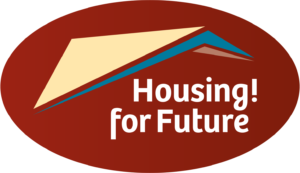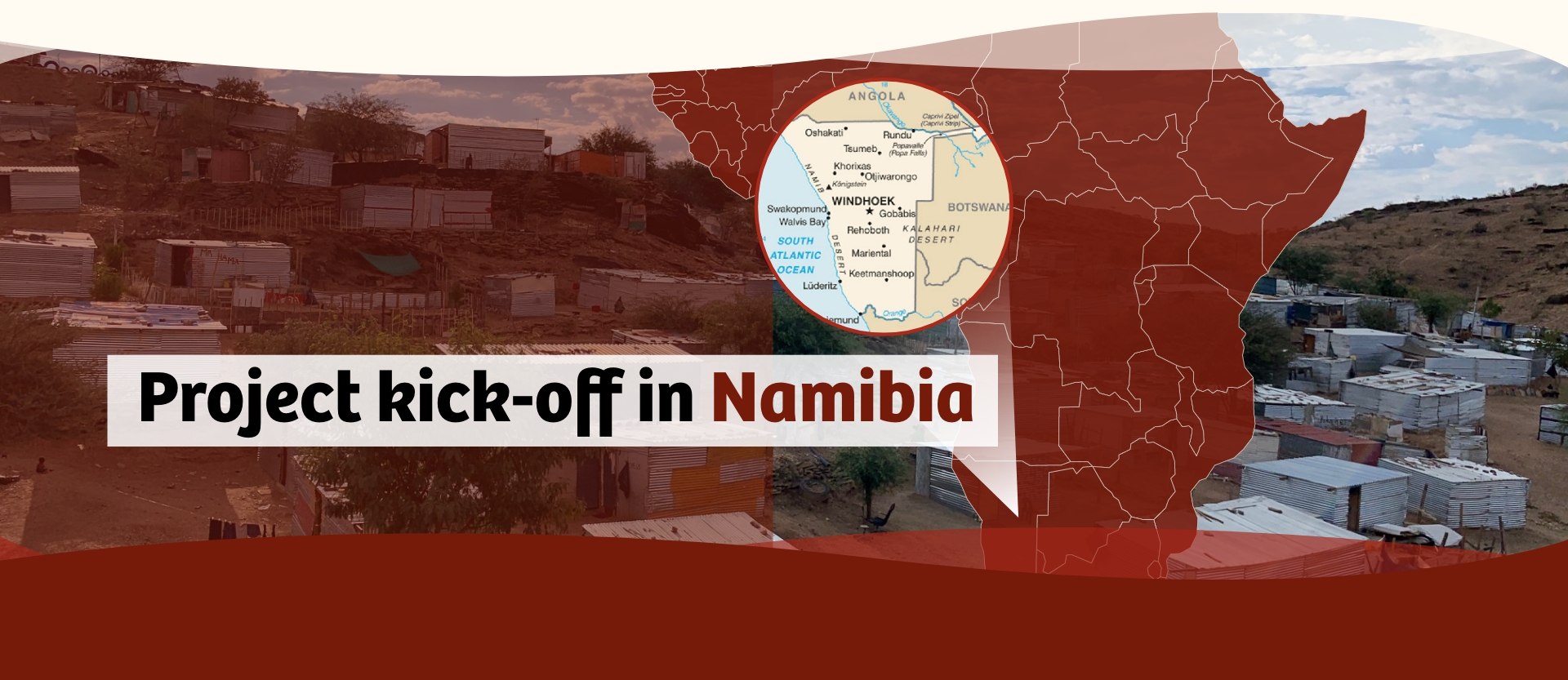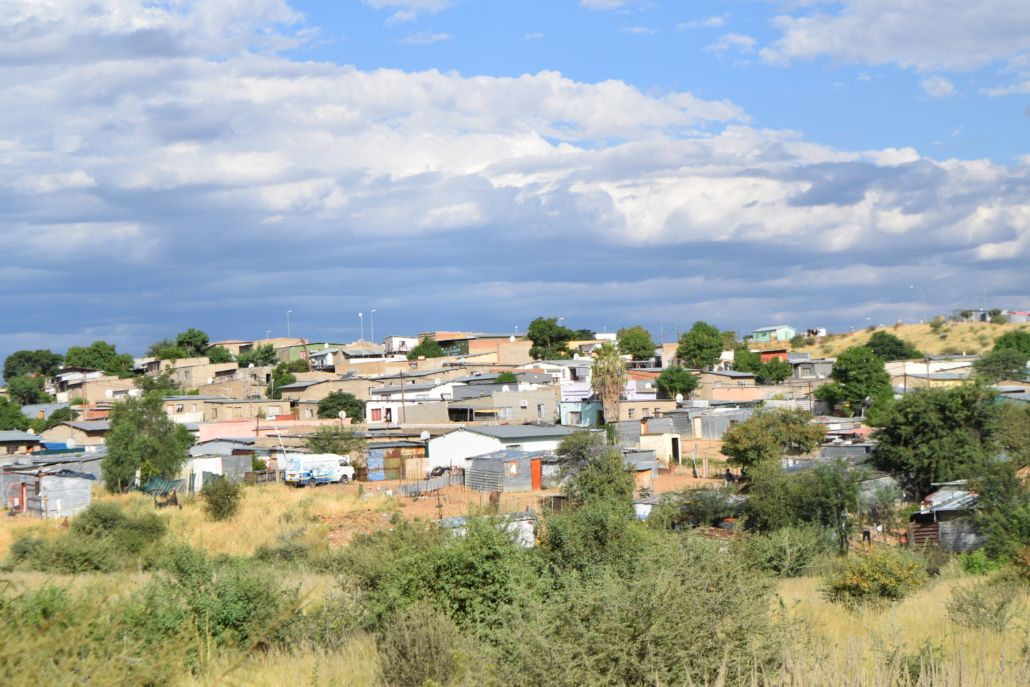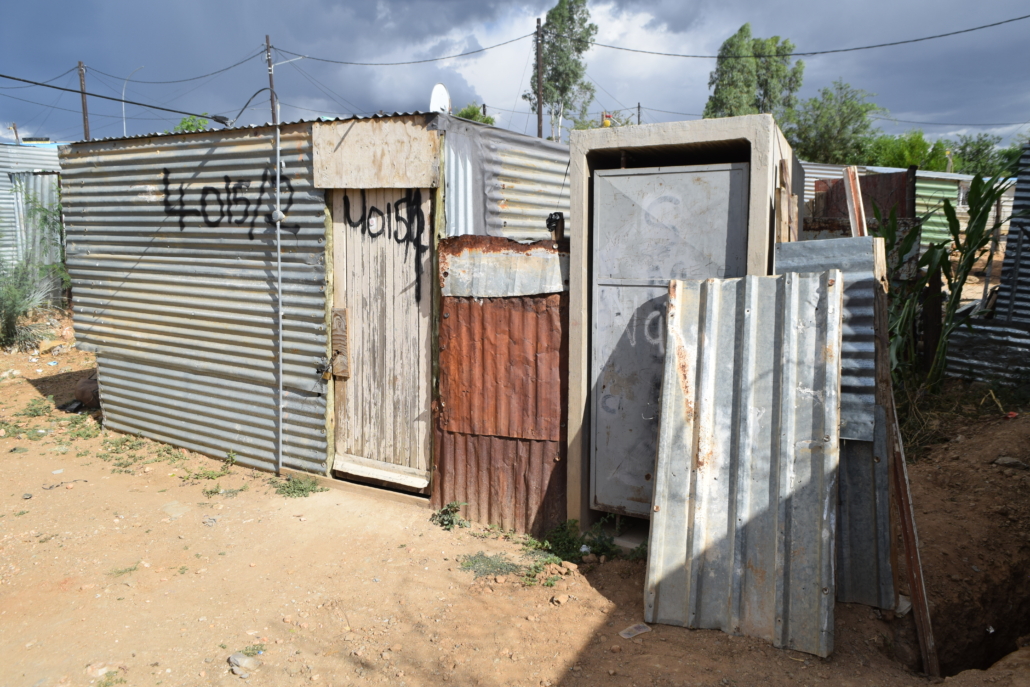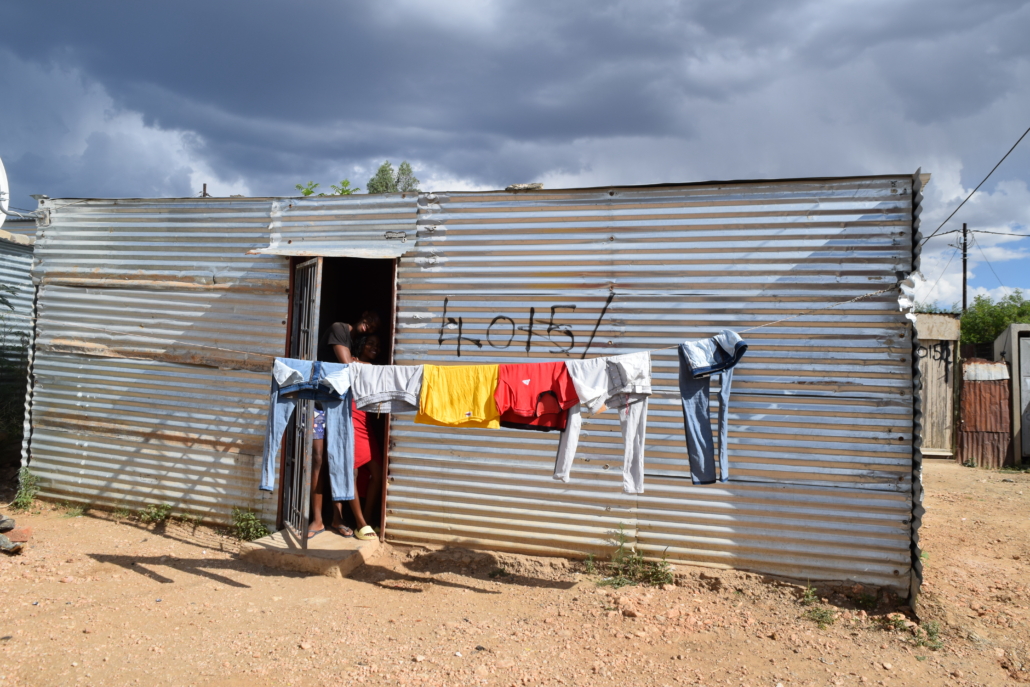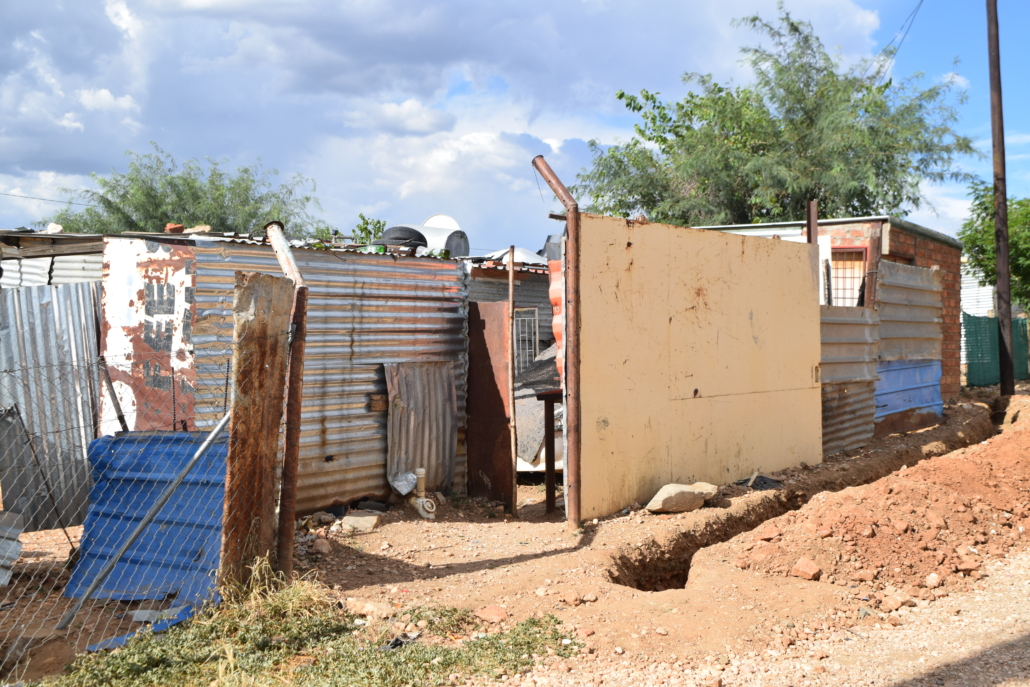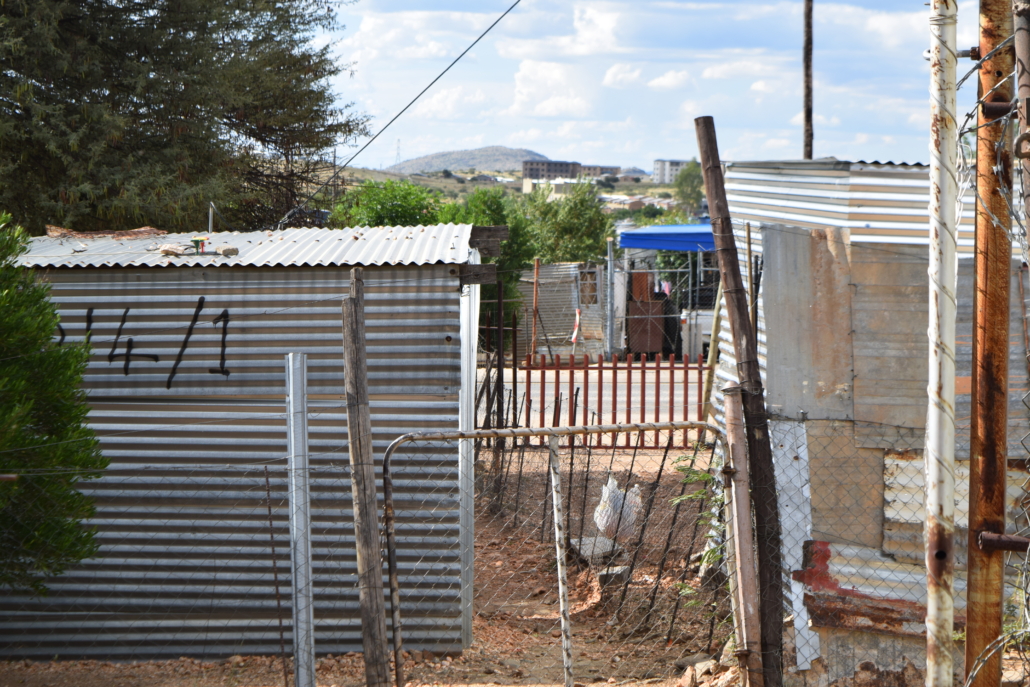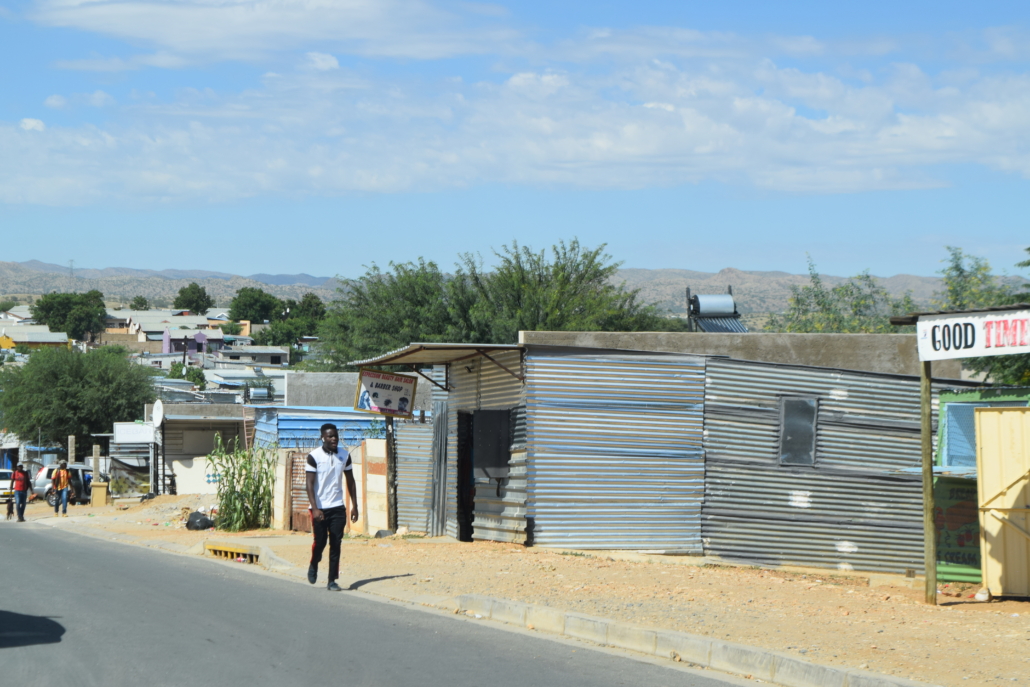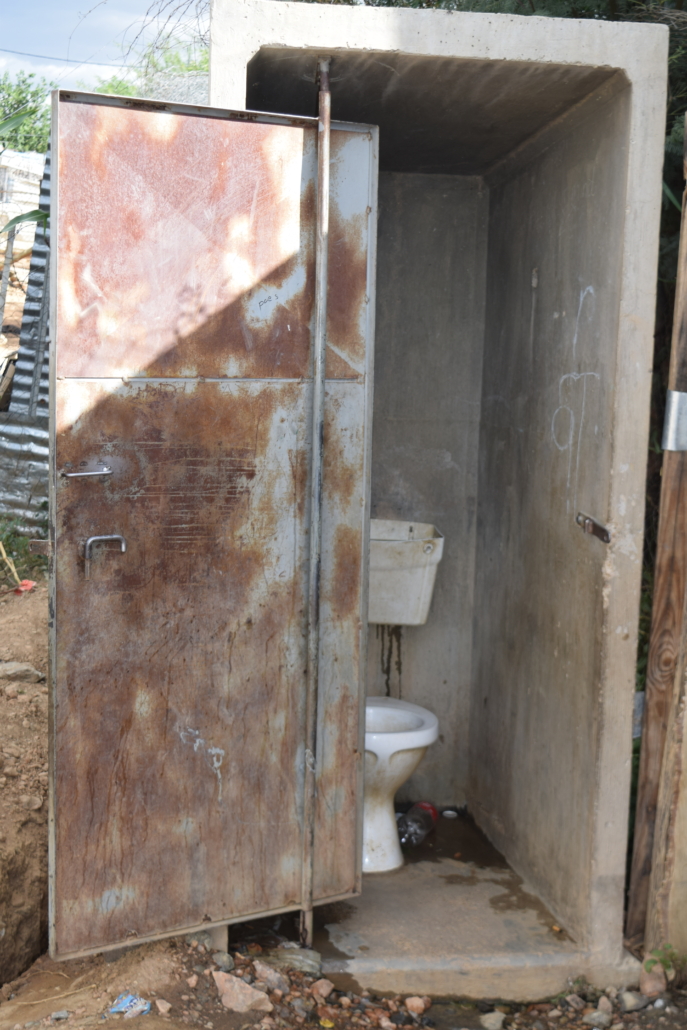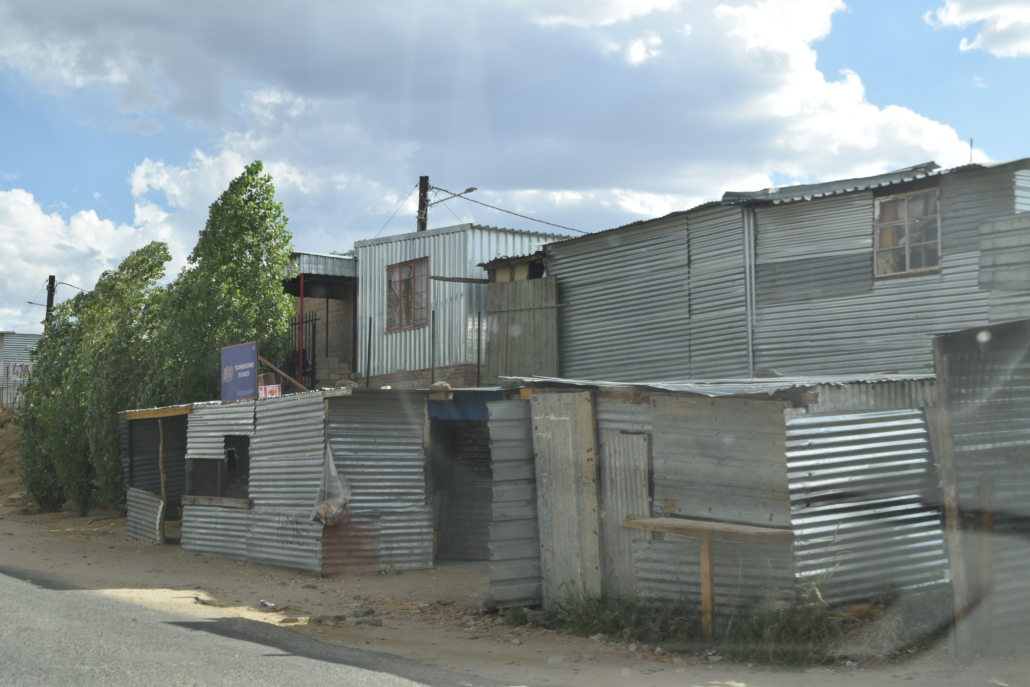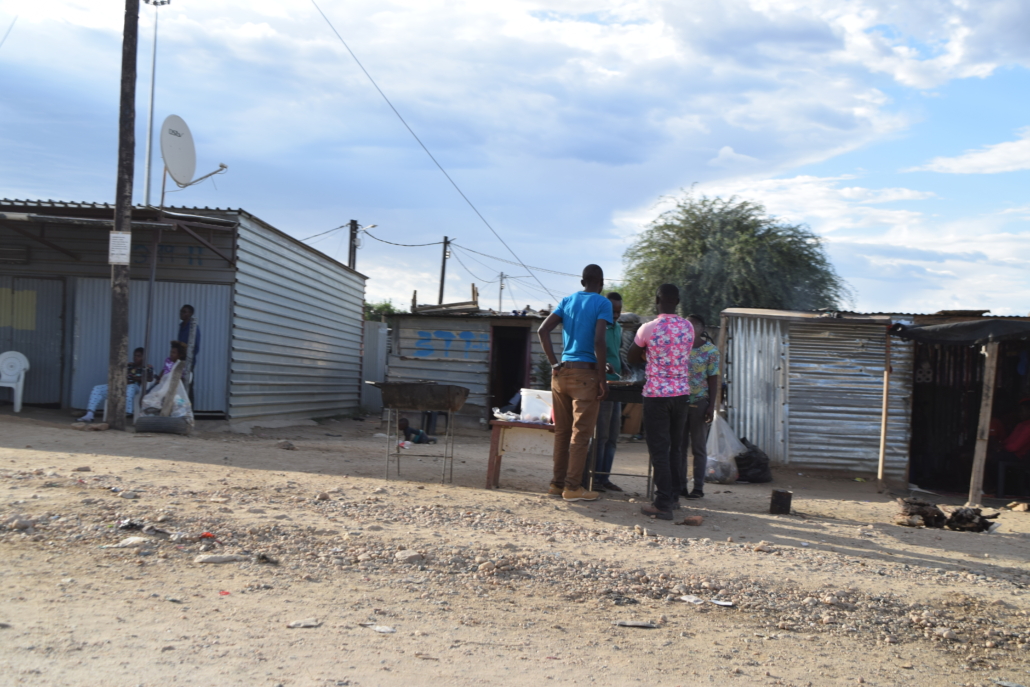Your donation makes a difference in Namibia – safely and directly
![]() Democratic structures
Democratic structures
![]() Low corruption index – 5th among all African countries
Low corruption index – 5th among all African countries
![]() Relatively stable currency and average economic growth of 4.84% (2012-2016)
Relatively stable currency and average economic growth of 4.84% (2012-2016)
![]() Functioning judicial system
Functioning judicial system
![]() Stable private property
Stable private property
![]() Country with a small population (2.5 million inhabitants) and low overall population density
Country with a small population (2.5 million inhabitants) and low overall population density
![]() 350,000 inhabitants in Windhoek, of which about 135,000 live in informal settlements
350,000 inhabitants in Windhoek, of which about 135,000 live in informal settlements
![]() Strong expansion of informal settlements on the outskirts of the city due to immigrants seeking work opportunities
Strong expansion of informal settlements on the outskirts of the city due to immigrants seeking work opportunities
![]() Almost one-third of the population below the poverty line, unemployment rate over 33%
Almost one-third of the population below the poverty line, unemployment rate over 33%
